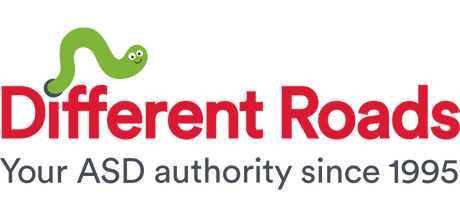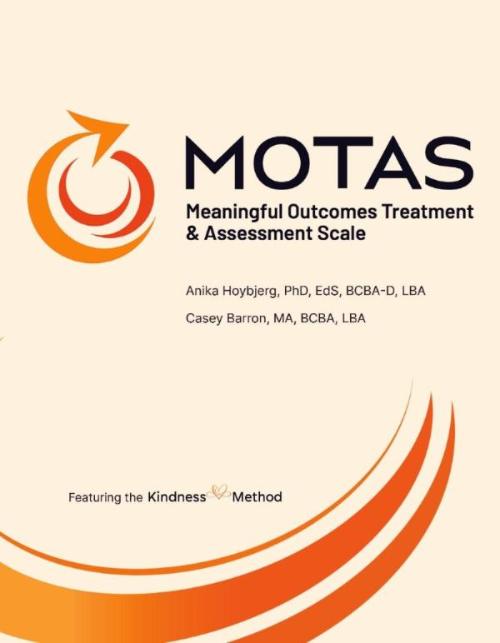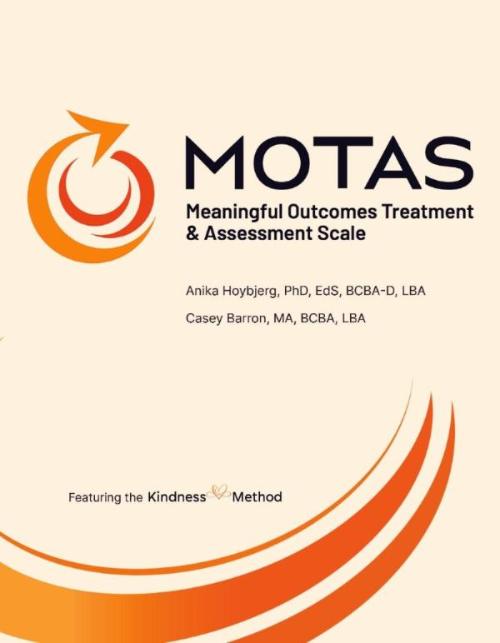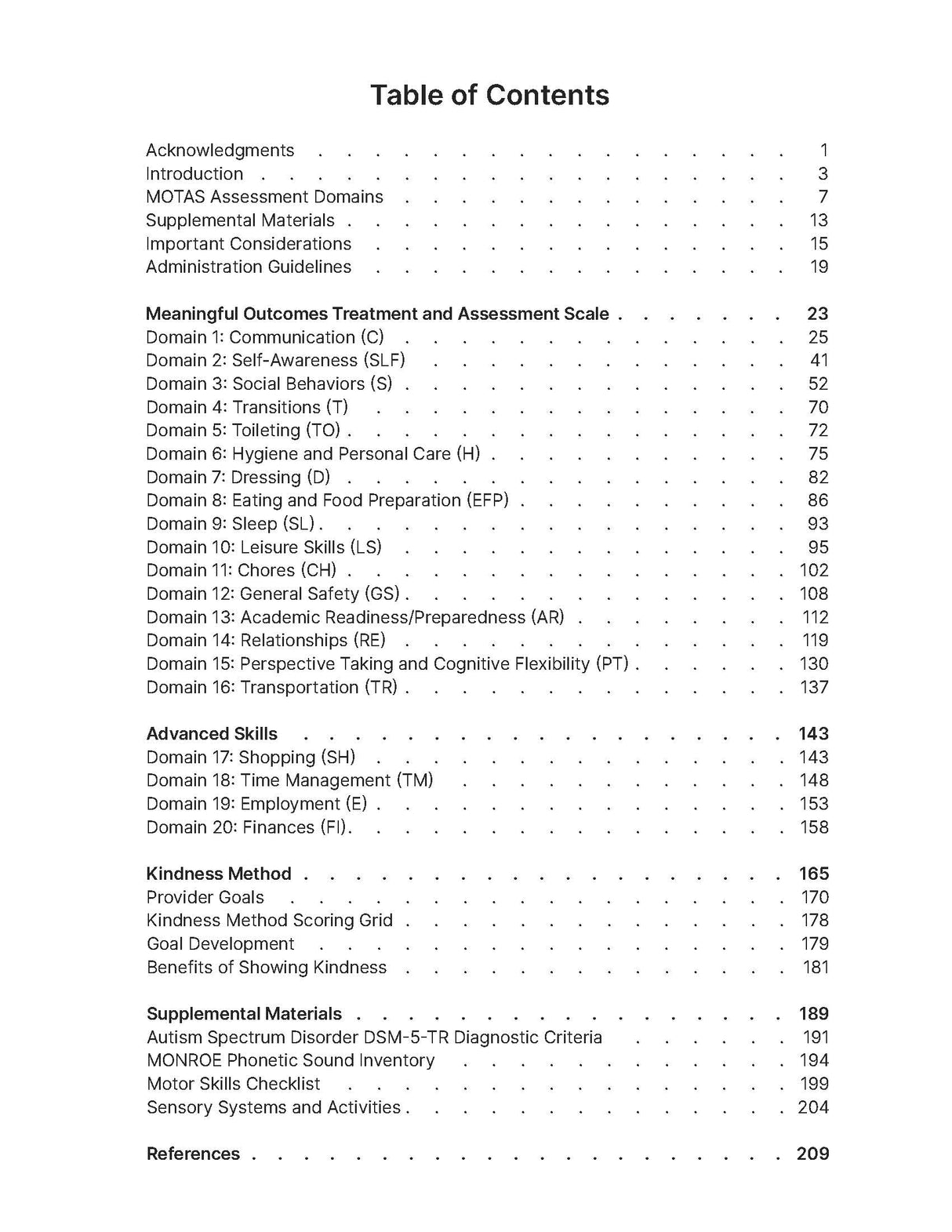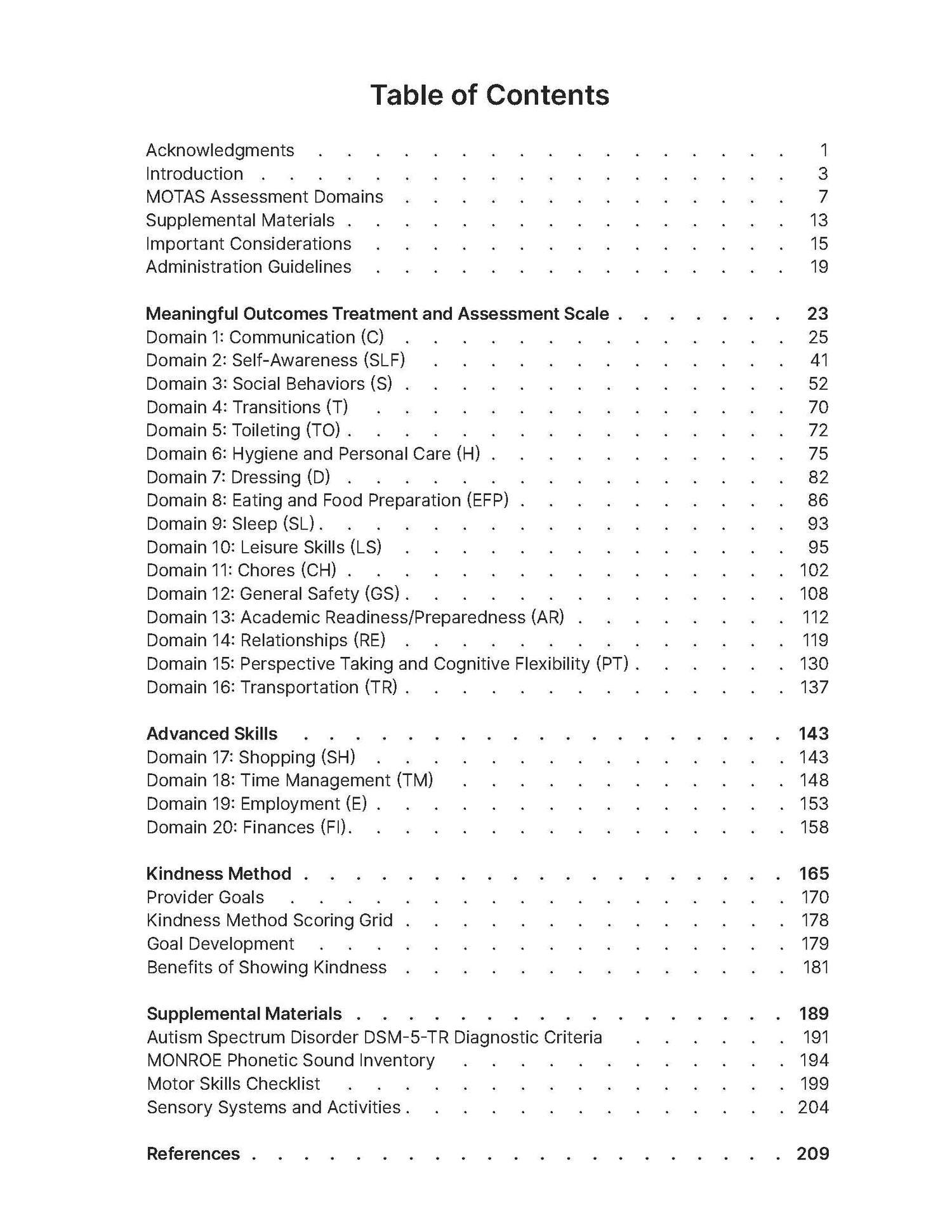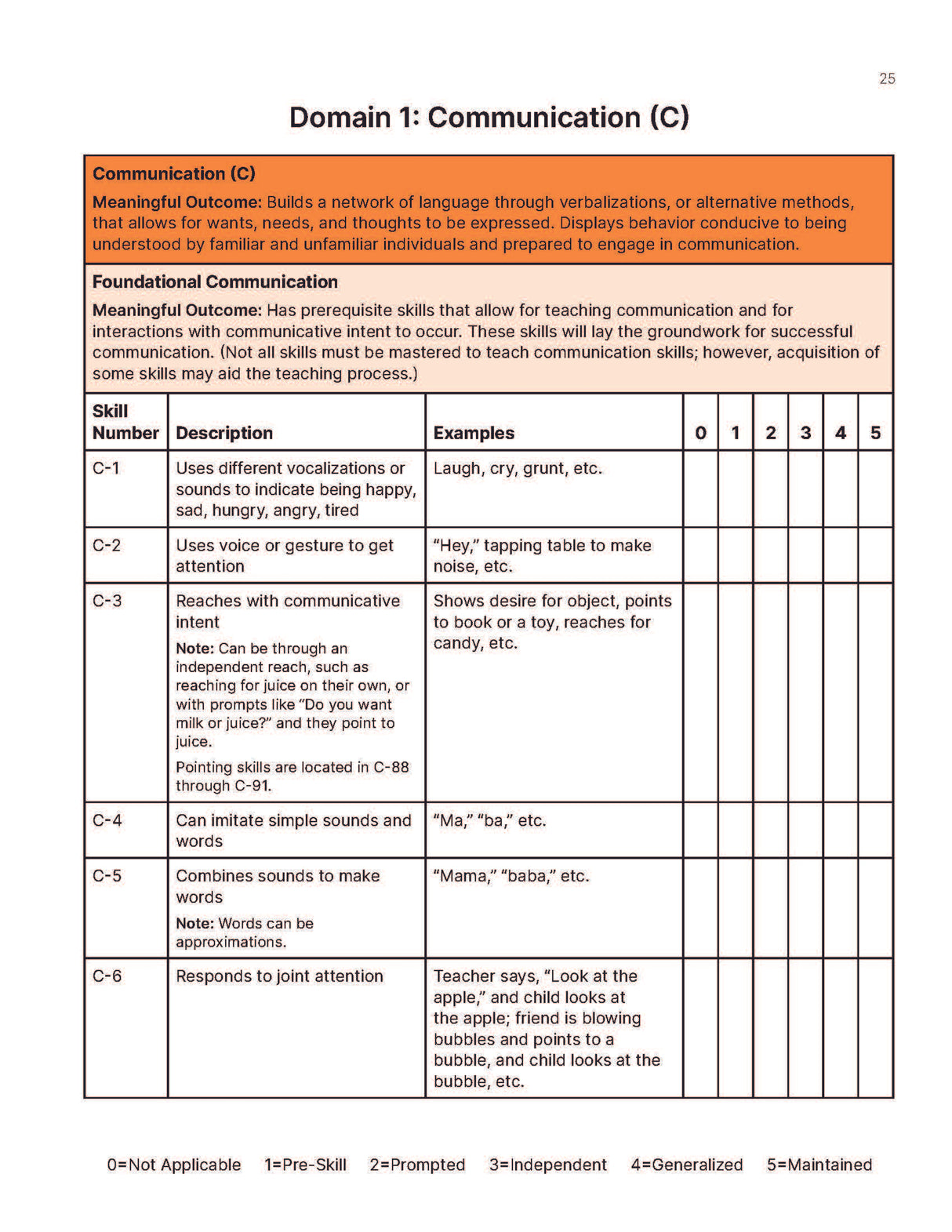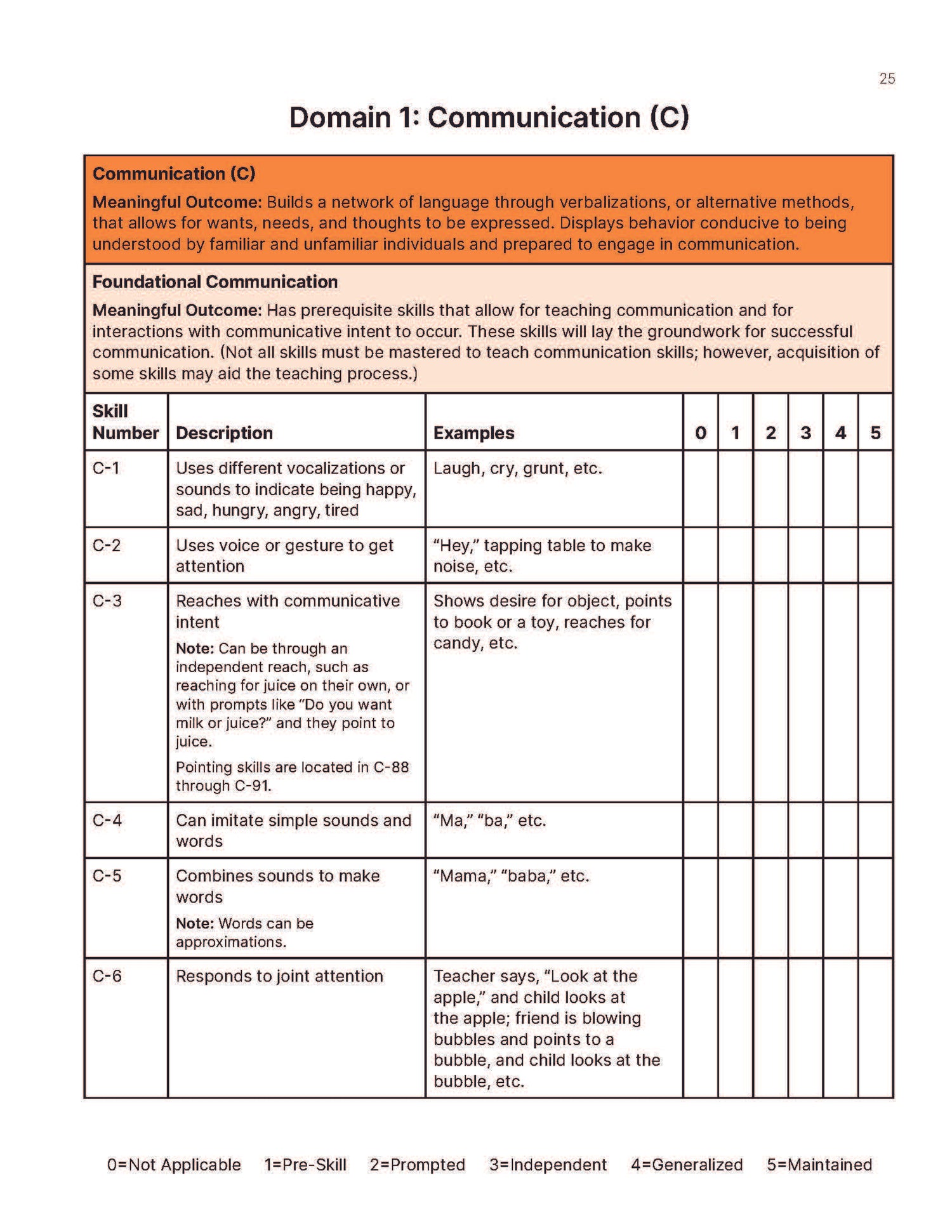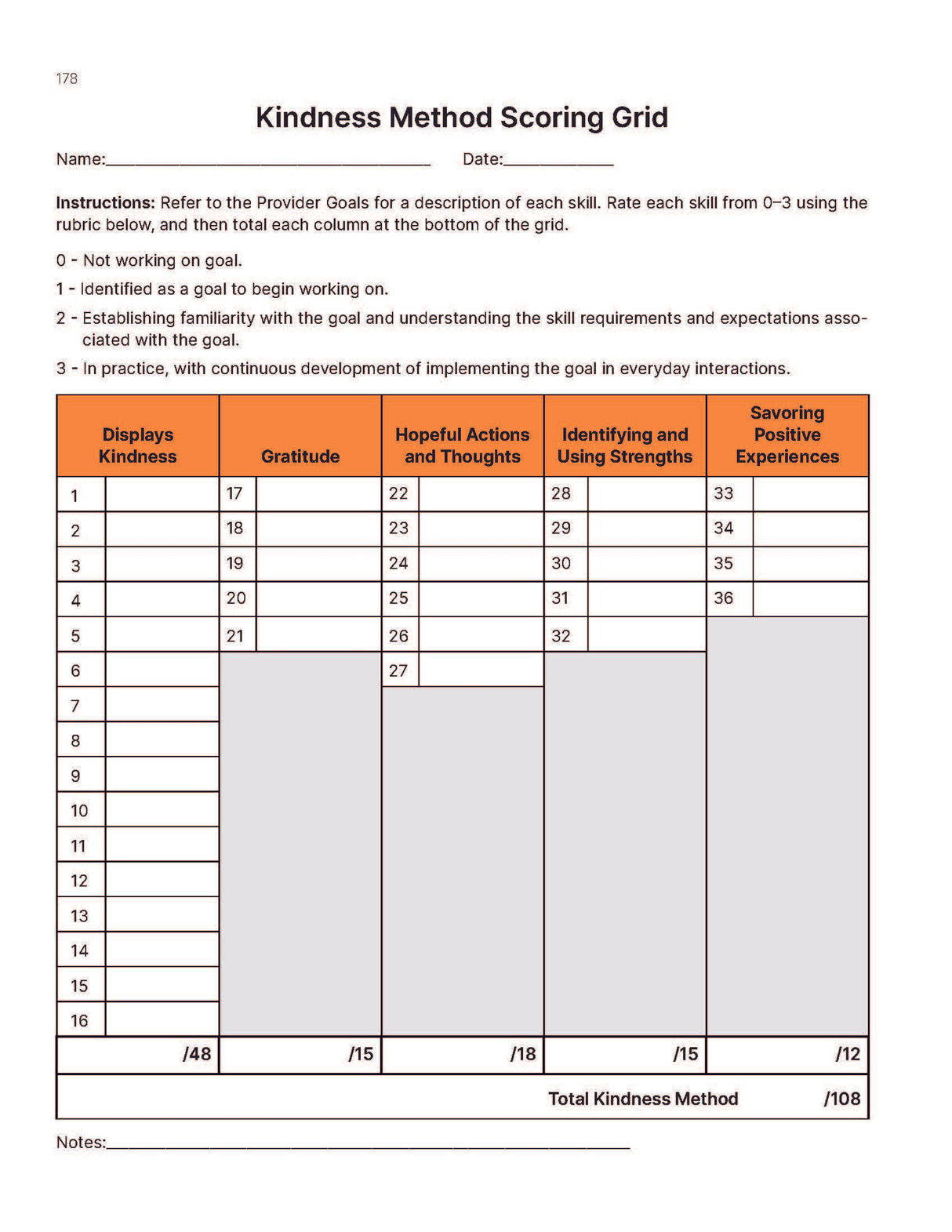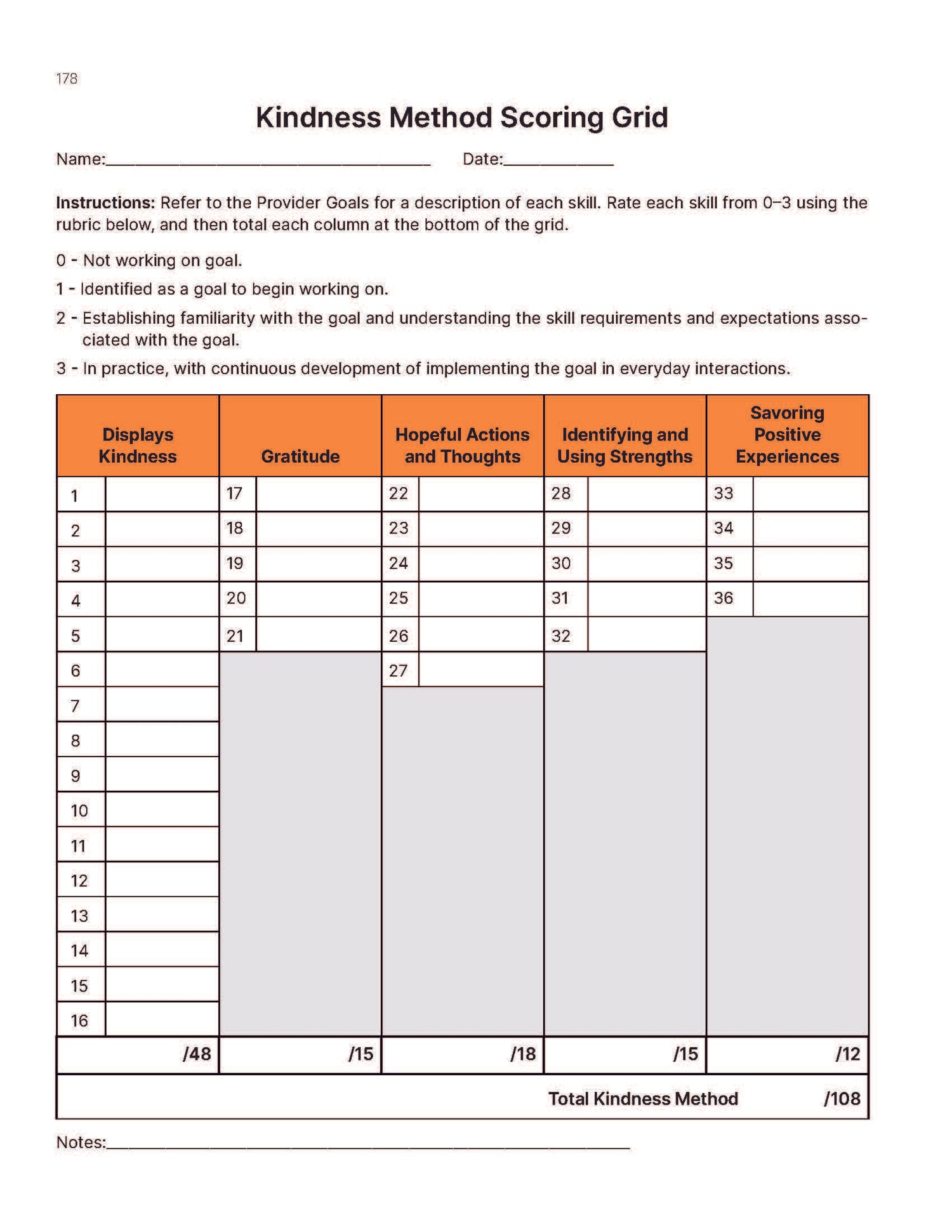The MOTAS (Meaningful Outcomes Treatment & Assessment Scale) Guide
The MOTAS (Meaningful Outcomes Treatment & Assessment Scale) Guide is backordered and will ship as soon as it is back in stock.
Couldn't load pickup availability
The second part of the MOTAS Assessment, the MOTAS (Meaningful Outcomes Treatment & Assessment Scale) Guide is a comprehensive, criterion-referenced skills assessment focusing on personalizing interventions for people with autism and related disabilities.
“Meaningful Outcomes” refers to the importance of personalizing and adapting interventions to meet the diverse and changing needs of individuals with autism and their families. The MOTAS Guide:
- Seeks to promote progress that is compatible with the individual’s own history and individual growth.
- Focuses on areas of progress and performance that are deemed most meaningful by clients and their families.
- Is meant to be used by individuals in clinical, home, school, group home, or community settings.
- Was designed by BCBAs with input from autistic individuals, parents, caregivers, speech-language pathologists, occupational therapists, developmental psychologists, and school psychologists.
Examining nearly 1,200 items across 20 domains, the MOTAS evaluates an individual’s present skill levels and determines areas that may require teaching to further increase independence and quality of life. Domains include:
- Communication
- Self-Awareness
- Social Behavior
- Transitions
- Toileting
- Hygiene and Personal Care
- Dressing
- Eating and Food Preparation
- Sleep
- Leisure Skills
- Chores
- General Safety
- Academic Readiness
- Relationships
- Perspective Taking and Cognitive Flexibility
- Shopping
- Transportation
- Time Management
- Employment
- Finances
- Many domains also contain specific goals related to flexibility, safety, and problem-solving.
The MOTAS Guide includes an easy-to-use grid system for scoring and summarizing a client's skill levels. Additional scoring pages are available in the MOTAS Scoring Booklet.
The MOTAS Guide also includes:
- The Kindness Method: A list of goals for those providing services for individuals with Autism Spectrum Disorder, centering on compassionate care
- DSM-5-TR Diagnostic Criteria
- MONROE Phonetic Sound Inventory
- Motor Skills Checklist
- Sensory Systems and Activities
Supplementary Materials:
Shop the MOTAS Scoring Booklet, the LOOP Interviews, and the MOTAS/LOOP Bundle.
- If you purchase 10-19 of this title, simply apply the code DRTL10 at checkout and receive 10% off your order!
- If you purchase 20-29 of this title, simply apply the code DRTL20 at checkout and receive 20% off your order!
- If you purchase 30 of this title, simply apply the code DRTL30 at checkout and receive 30% off your order!
About the Authors
Anika Hoybjerg, PhD, EdS, BCBA-D, LBA
Dr. Hoybjerg is the founder, owner, and CEO of Autism & Behavioral Intervention (ABI) (a clinic-based ABA center in Draper, UT), ABA Education Center, and Integrity Billing. In addition to founding and leading these companies, Anika has worked in public schools and in private sectors with children and families for over 20 years. Anika has a Bachelor’s degree in Human Development, a Master’s Degree in Curriculum and Instruction with an Emphasis in Autism, a Master’s degree in Human Exceptionality, an Ed.S in School Psychology, and a Ph.D. in Applied Behavior Analysis. Anika is a Doctoral level Board Certified Behavior Analyst (BCBA-D) and a Licensed School Psychologist. Anika is currently working towards a Master’s degree in Neuroscience and Trauma. Anika has presented at regional, national, and international conferences on a variety of topics relating to autism, collaboration, and assessments. Anika has done research, including her dissertation, on the importance of implementing kindness into every single interaction and treatment approach with staff, clients, and families. As a school psychologist, behavior analyst, and a creator of the Meaningful Outcomes Treatment and Assessment Scale (MOTAS), Anika understands the importance of advocating to promote independence and higher quality of life for those individuals on the autism spectrum.
Casey Barron, BCBA, LBA
Casey is a practicing Board Certified Behavior Analyst in Salt Lake City, Utah. She has been working in ABA since early 2015, spending several years first working as an RBT then as a BCBA in academic, home, and clinical settings. In addition to her work as a practicing BCBA, Casey works as the clinical director of an ABA center that has supported hundreds of children and where she oversees and personally trains staff members and future BCBA’s. Since becoming a BCBA, Casey has presented at regional and international conferences on case studies from her own clinical practice. Her time in the field has provided her with many opportunities and experiences to work with a number of families and dedicated professionals. It is because of her experience with these individuals that she was inspired to create a tool to help individuals think critically and creatively, and truly focus on the goals, skills, and required knowledge to help those we serve have as many opportunities as possible.
